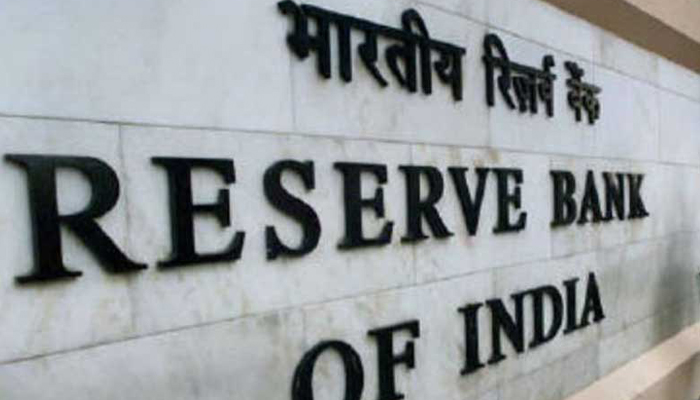TRENDING TAGS :
RBI governors in the past have refused to toe FM line too
RBI governors in the past have refused to toe FM line too
New Delhi: Much has been made out of the recent non-revision of rates by the Reserve Bank of India despite open demand by the union finance minister Arun Jaitley, but neither is it new , nor unprecedented. The history is replete with instances of such tussle between the two.
In fact , the start was made by the first governor of the central bank which was set up in April, 1935, during the British rule . Sir Osborne Smith who was appointed the first head of the bank and who was at the top of the institution till 1937 was the first to assert and was not ready to bow down.
The differences grew to the extent that he had to resign. Of course, he did not have a tiff with the finance minister as there was none in the country at that time but with the Treasury. He opposed the exchange rate suggested by the then Treasury and stuck to his gun till last.
The bank was nationalised on January 1,1949 after independence and Sir Benegal Rama Rau took over from Chintaman Deshmukh ,who continued for about six months after take over. Sir Rau remained in the saddle for about eight years but he too had to face the wrath of the powers-than-be.
Finally, he called quits too. The reason, as given by a national daily, was a remark by T T T Krishnamachari that the RBI was a " subordinate department" of the finance ministry.
Other finance ministers have also tried at different times to arm-twist the central bank governor , without much success.
P Chidambaram, for instance, had asked then governor D Subbarao, many a time to reduce repo and other rates. But he cut the rates only when he thought it prudent.
Raghuram Rajan , the man who was appointed governor before the present incumbent, Urjit Patel, had gone a step further and saw to it that the decision regarding Securities and Exchange Board of India was reversed. He had called the decision to shift money-market regulation to the SEBI " ill-advised". The government nodded.
Clearly, Urjit Patel's no-change announcement, ignoring the government's suggestion, was not something unheard of.
Other members of the Monetary Policy Committee had ,too, toed his line and refused to meet the finance minister before the meeting to review the rates early this month. All these have kept the flag flying and autonomy of the central bank in tact.
Next Story



